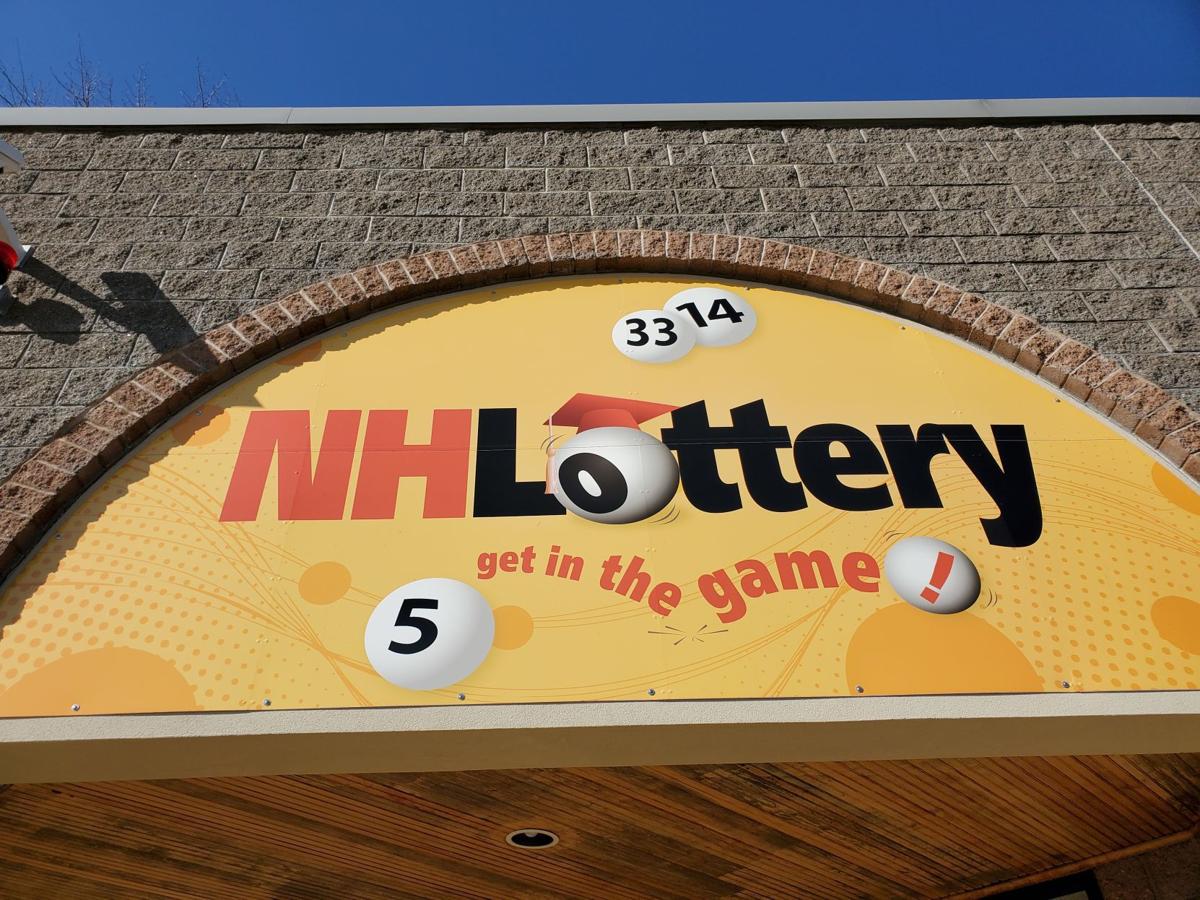A federal judge ruled Monday that the Interstate Wire Act of 1961 applies only to sports betting, granting a summary judgement to the New Hampshire Lottery Commission in its lawsuit against the federal government.

The ruling sets aside the 2018 interpretation of the Wire Act from the Office of Legal Counsel at the Department of Justice, which had ruled that the law was intended to apply to all forms of interstate gaming that used wire communication to transmit data across state lines.
Grammar Key in Wire Act Interpretation
That, in turn, was a reversal of a 2011 opinion that found the statute was only meant to apply to sports betting. That determination played a major role in states deciding to begin offering online lottery sales and online poker.
The varying interpretations of the law were caused by the awkward writing in the statute itself. Both the federal government and the New Hampshire Lottery tried to use grammar to make their cases over exactly what was covered in the Wire Act. Ultimately, US District Court Judge Paul Barbadoro said that while neither interpretation was unambiguously supported grammatically, a reading of the entire context of the law made it clear that it was only intended to apply to sports wagers.
“While the syntax employed by the Wire Act’s drafters does not suffice to answer whether [the law] is limited to sports gambling, a careful contextual reading of the Wire Act as a whole reveals that the narrower construction proposed by the 2011 OLC Opinion represents the better reading,” Judge Barbadoro wrote. “The Act’s legislative history, if anything, confirms this conclusion.”
One of the more interesting questions posed in the case was whether New Hampshire’s online lottery sales would even be considered illegal under the new interpretation. The federal government argued that it would not, but Judge Barbadoro went back to the 2011 opinion for evidence that this was not the case.
“It is worth remembering that the 2011 [OLC memo] responded to a request from two states for an opinion as to whether they could sell lottery tickets online without violating the Wire Act,” the judge wrote. “In concluding that the Wire Act did not apply to non-sports gambling such as lotteries, the 2011 Opinion did not even hint at the possibility that states would be exempt from the Act’s proscriptions. Had the OLC believed that states were excluded from the Act’s coverage, it could have responded to the states’ request by simply informing them that they were not subject to the Act.”
Limited Ruling Could Lead to Long Legal Battle
The ruling is undoubtedly a victory for online poker, as a broader interpretation of the Wire Act would have threatened the legality of shared interstate player pools and made even intrastate gaming more difficult, as transmitting data to servers located outside of a state could be deemed illegal.
However, the ruling is also limited in scope: declaratory relief was only granted to parties in the lawsuit (namely, the Lottery Commission and its vendors), though the commission does have 14 days to file a motion that would extend that relief to non-parties as well.
In addition, an appeal from the federal government seems likely, and there is the potential for this case – which includes issues that go beyond the scope of the Wire Act – to ultimately be decided in the Supreme Court. That means that there may well be a lengthy legal battle ahead before the final word is heard on this issue.


